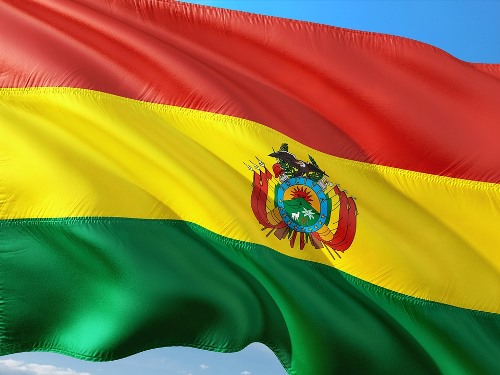|
National and Local Public Holidays Public holidays are typically carried out with great pomp and circumstance in Bolivia. Everything closes down. No one works, no one goes to school, there are no banks, and even public transportation may be hard to find. Families and friends gather, long-weekends “somewhere else” and grand events are planned, special typical foods are prepared, new dresses are fitted, hair salons brim over, and long parades and dancers fill the streets. A holiday is not just a day off! No no! Something truly grandiose must take place or it just wouldn’t be a holiday, would it? So is the mentality here in Bolivia, where preparations are made far in advance. The following public holidays are observed throughout Bolivia:
Bolivian National Holidays1 January. Año Nuevo.
New Year’s Day February/March Carnival in Bolivia. Carnaval in Oruro March/April Semana Santa (Pascua).
Easter May/June Corpus Christi (English). Corpus Christi (Español) 21 June Aymara New Year (English). Año Nuevo Aymara (Español) 6 August. Día de la Independencia. Independence Day. 12 October. Día de la Raza. Columbus Day. 1 November. Todos Santos (All Saints Day) 2 November. Día de los Muertos (Day of the Dead) 25 December. Navidad.
Christmas Day
Bolivian State HolidaysEach of Bolivia’s nine states (called departments) has its own holiday, usually to commemorate the day on which the capital city of each department was founded or another important event took place.
Santa Cruz - 24 September Return to the Bolivian Holidays home page to learn more about other types of festivals, events, and special occasions that are celebrated in Bolivia.     |
